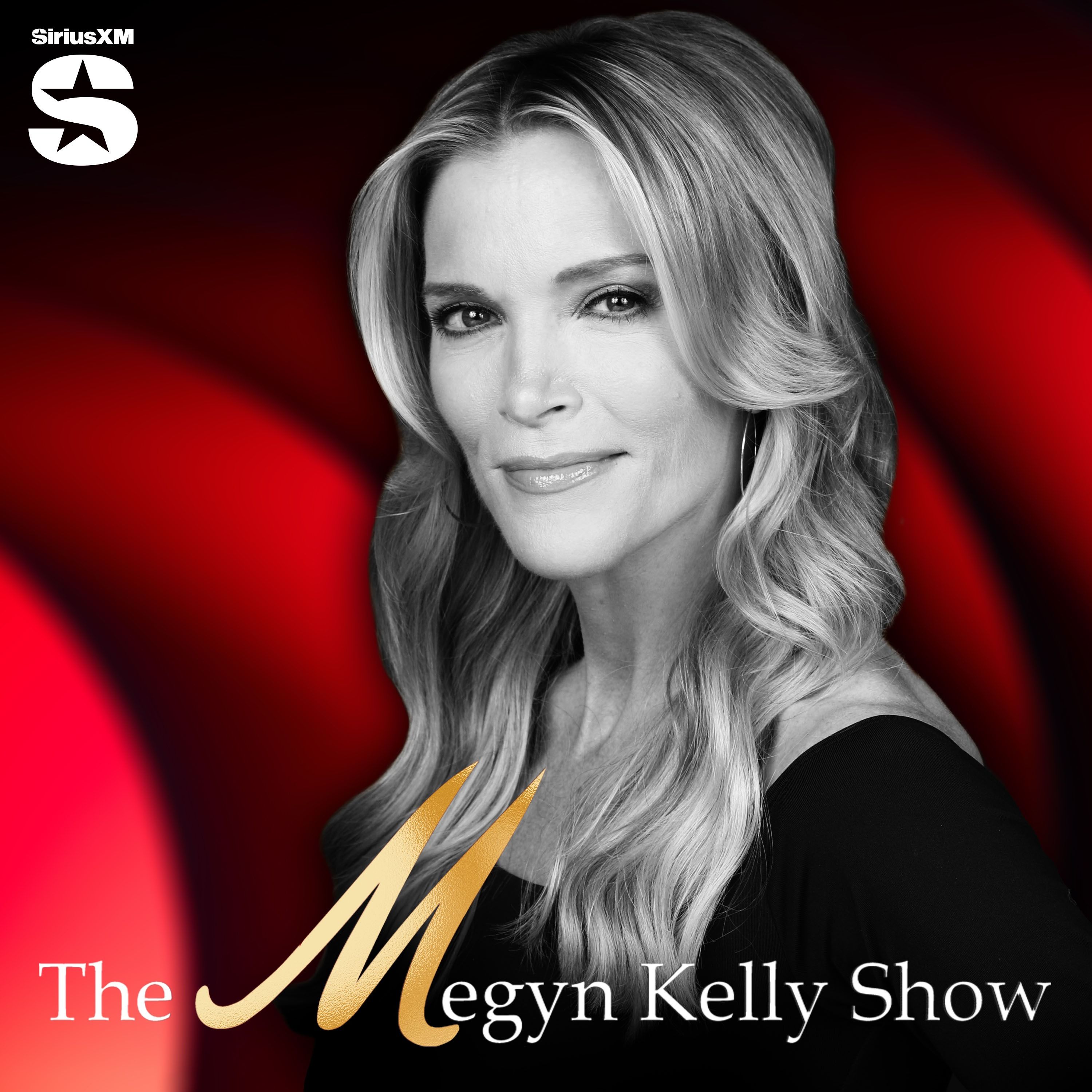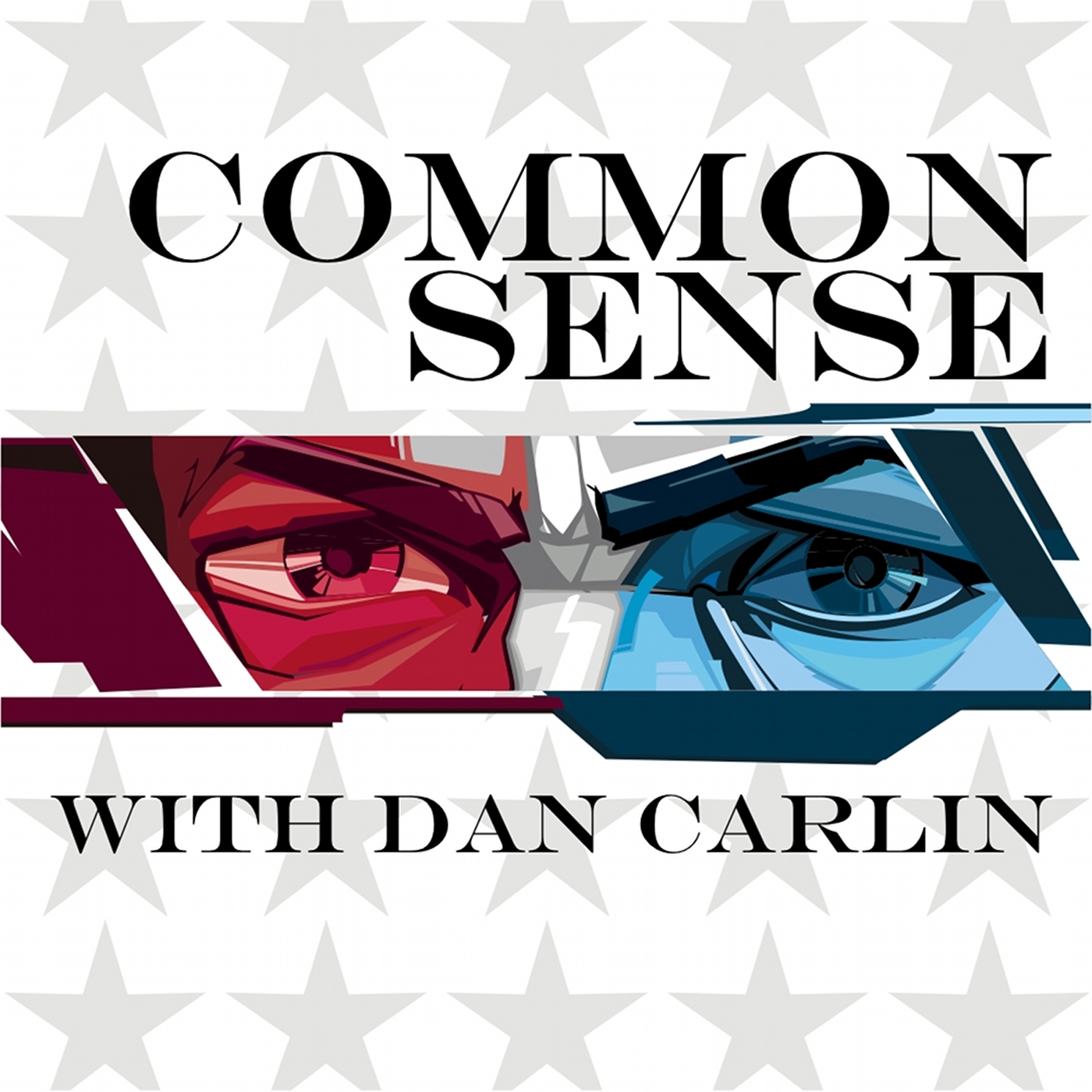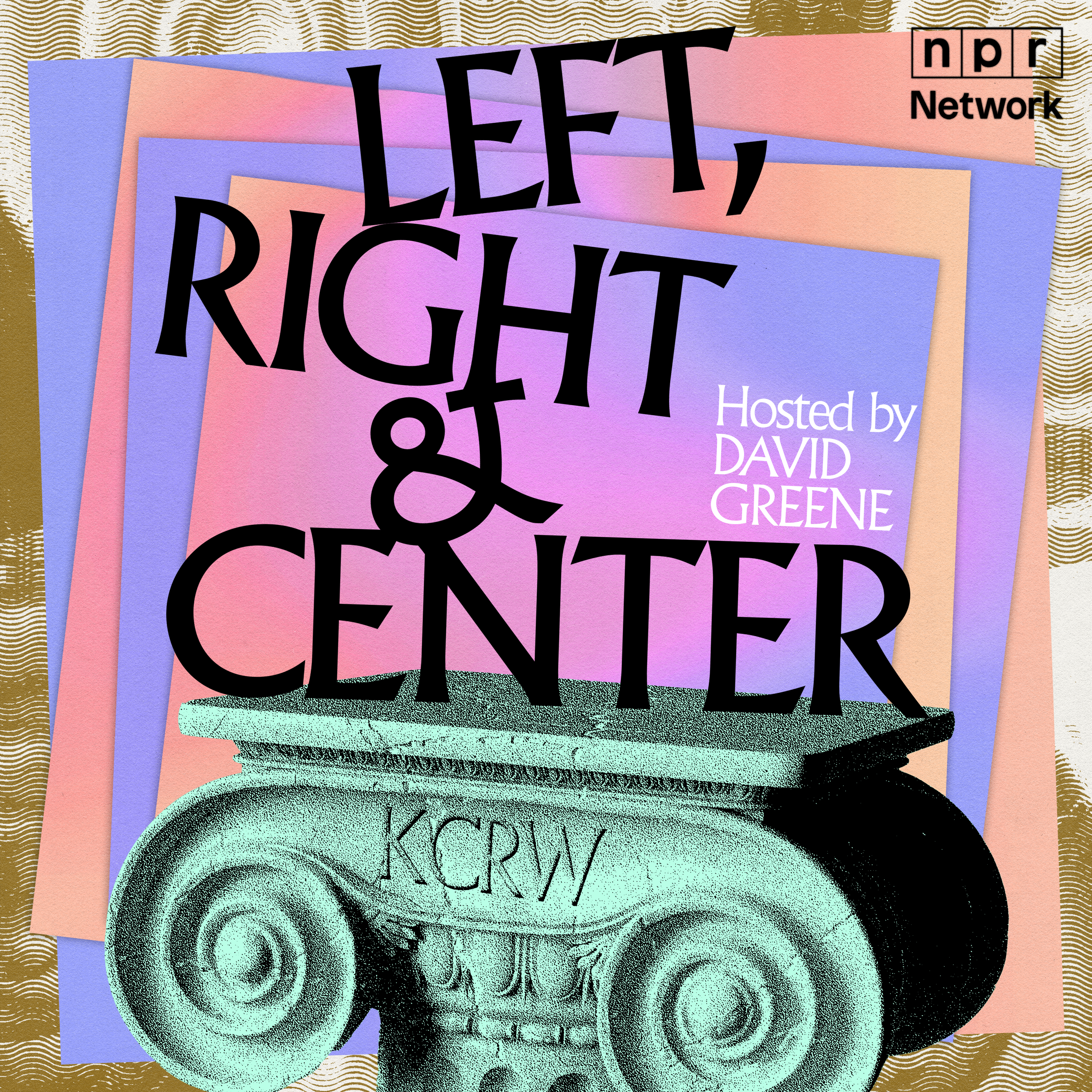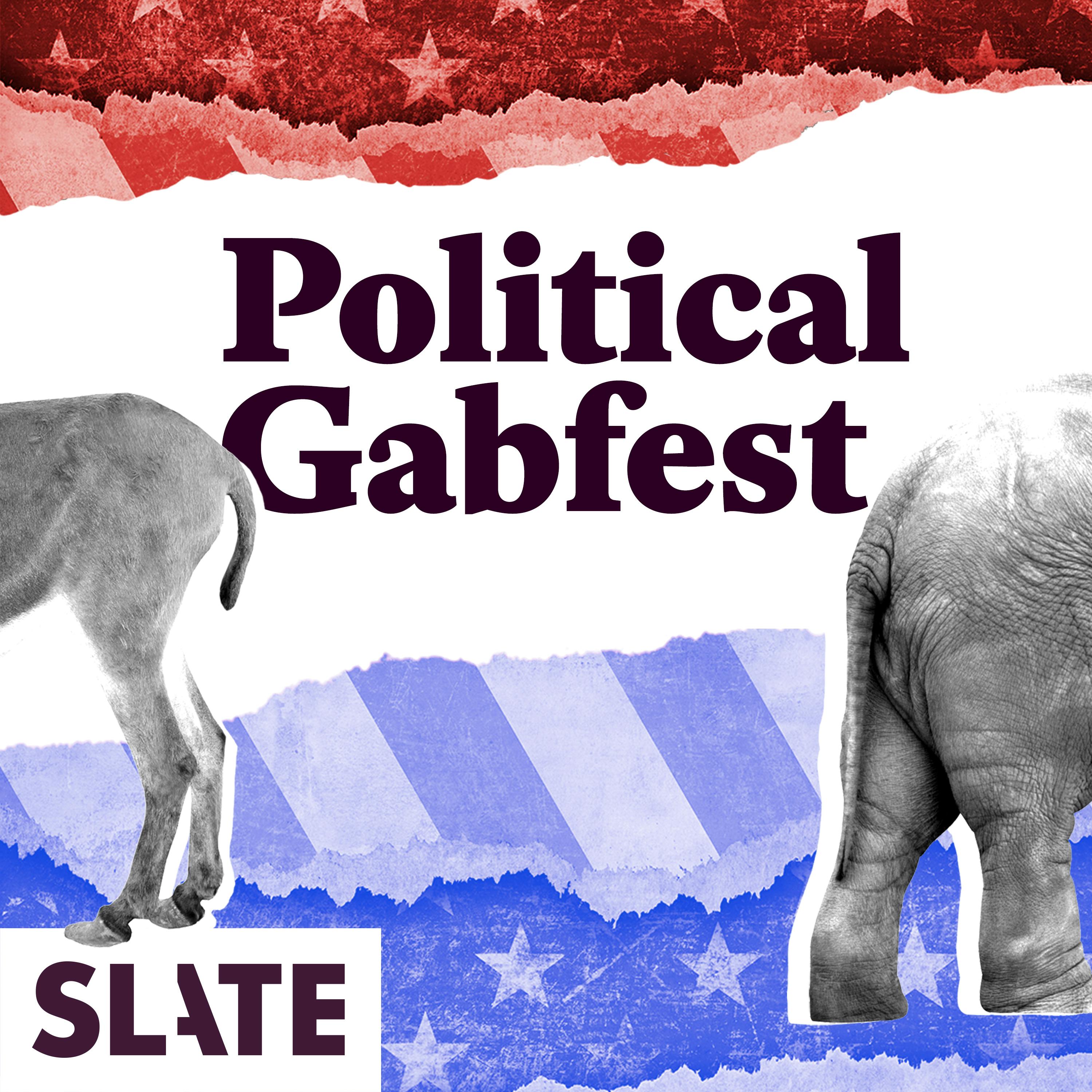
Think First with Jim Detjen
Think First is a short-form podcast that makes you pause — before you scroll, share, or believe the headline.
Hosted by Jim Detjen, a guy who’s been gaslit enough to start a podcast about it, Think First dives into modern narratives, media manipulation, and cultural BS — all through the lens of gaslighting and poetic truth.
Some episodes are two minutes. Some are ten. It depends on the story — and the energy drink situation.
No rants. No lectures. Just sharp questions, quick insights, and the occasional laugh to keep things sane.
Whether you’re dodging spin in the news, politics, or that “trust me, bro” post in your feed… take a breath. Think first.
Visit Gaslight360.com/clarity to sharpen your BS filter and explore the 6-step clarity framework.
Think First with Jim Detjen
#6 DOGE's Illusion · The Cuts Behind a Billion-Dollar Meme
Musk’s original pitch? A cool $3 trillion in savings. What we got? About $180 billion — which, in budget math, is basically the difference between I’m buying Twitter and I might buy a second-hand Tesla.
Trump’s Department of Government Efficiency was supposed to cut the fat — fast.
But did DOGE actually save $180 billion… or just cancel left-leaning programs and call it reform?
In this episode, we follow the receipts, decode the spin, and watch the Musk–Trump bromance crash and burn over one “Big Beautiful Bill.”
Featuring: culture war cuts, budget cosplay, and why satire may have died in committee.
Stay sharp. Stay skeptical. #SpotTheGaslight
Read and reflect at Gaslight360.com/clarity
Did the government really save $180 billion? Or did we just cancel the stuff we didn't like and call it reform? Because that's the question behind DOGE, the Department of Government Efficiency, trump's headline-grabbing creation that promised to take a chainsaw to the bloated federal budget. But here's the catch Was that chainsaw cutting waste or was it just cutting liberals? And now that Elon and Trump are trading barbs like Xs on Truth, social and X, what are the rest of us supposed to believe? Let's think first. If it's really about saving money, why didn't they touch defense or entitlements? Is cutting a global aid program or firing 6,000 IRS agents true savings or symbolic slaps? Why is the savings number so hard to pin down? And who's checking the math? What happens when efficiency becomes a weapon in the culture war? And are we watching reform or just budget cosplay for the social media age?
Speaker 1:I'm Jim Detchen, host of Think First from Gaslight 360, where we don't chase headlines, we poke them with a stick until they fall apart. Doge for those just tuning in. Is the Trump administration's attempt to drain the swamp, with Elon Musk playing lumberjack-in-chief. Is the Trump administration's attempt to drain the swamp with Elon Musk playing lumberjack-in-chief? The mission Cut, bloat, fire bureaucrats and post receipts, a real-world government detox, complete with its own. Merch Musk initially set extremely ambitious targets at first, boasting he would cut at least $2 trillion from the federal budget. That was later revised down to $1 trillion and even that experts said was wildly unrealistic. But it made headlines which in Washington is half the budget battle and, to be fair, some of it worked USAID gone, americorps gutted, dei programs shredded faster than a Hunter Biden laptop tweet. Elon even brought a chainsaw to CPAC. That wasn't a metaphor, it actually happened Months ago but still burned into everyone's memory like a political meme that won't die.
Speaker 1:But once you get past the theatrics, things get murkier. Yes, they cut, yes, they posted a wall of receipts, but those receipts Full of double counts, math errors, expired contracts and savings that haven't actually saved anything yet. And while they were canceling DEI and NPR subscriptions, defense spending went up. Agriculture untouched. Social Security, medicare, veterans benefits also untouched, which, let's be honest, isn't necessarily wrong, especially when it comes to veterans care. Some things shouldn't be on the chopping block, and we're not here to cry over every IRS layoff or canceled art grant either, just calling out the pattern.
Speaker 1:The cuts were heavy on the left, light on the rest. Here's where the gaslighting comes in Because on paper, $180 billion in savings sounds heroic but verified analysis shows maybe half of that is real and much of it is pending lawsuits, delays or congressional rescission votes. Meanwhile, millions were pulled from public health grants not dusty pandemic leftovers, but ongoing funding for things like addiction treatment and disease monitoring and then quietly restored after a federal judge basically said you can't pull the plug on disease control funding mid-fiscal year just because it's not trending. On Truth Social, the ruling wasn't exactly legal poetry, but the subtext was clear Budget cuts still have consequences, even if they aren't as click-worthy as Elon with a chainsaw, if they aren't as click-worthy as Elon with a chainsaw which, to be clear, is not an argument for keeping COVID-era spending on life support, just a reminder that fentanyl, suicide and TB didn't get the memo that the pandemic ended and those 6,000 fired IRS agents Great headline. Until you remember that means fewer audits for billionaires and more IRS hold music for you.
Speaker 1:So was Doge a waste-slaying success? Depends who you ask. To Trump's base, it's the long-awaited swamp draining. To critics, it's performance art with spreadsheets. To those of us stuck in the middle maybe fiscal conservatives, maybe centrists with a calculator, it feels like being gaslit by both sides.
Speaker 1:And just when the theater couldn't get any louder, elon turned on. Trump called his big tax and spending bill a disgusting abomination, accused him of being entangled in Epstein files, then deleted it all like an awkward drunk text. At 2 am, trump said Elon had lost his mind. Musk threatened to start a new political party. Jd Vance and Bill Ackman both tried to play mediator. And here we are wondering if this whole thing was a genuine attempt at reform or just two billionaires fighting over who gets to cosplay savior of the republic. But here's the poetic truth of it all.
Speaker 1:Doge did save money, just not as much as claimed. And yes, it cut real programs, but almost entirely from the left side of the ledger. There's nothing inherently wrong with trimming the fat, but if you only target fat from your opponent's plate and leave your sides bacon-sizzling, is it reform or revenge? The Department of Government Efficiency might be one of the most ironically named offices in Washington. Efficiency implies balance, fairness, strategy. Instead, we got something that looks more like an algorithm. If DEI equals yes, then cut. If defense equals MAGA, then boost the result. A country still overspending, a budget still ballooning. A country still overspending a budget still ballooning, a base still fired up and two of the loudest voices in the room now canceling each other instead of pork, which is why we need to think first. But before we hit pause, we need to talk about something that deserves its own ribbon and gold trim Trump's so-called Big, beautiful Bill.
Speaker 1:You can't make this stuff up. That's literally what he called it A tax and spending package so large, so lush and so debt heavy it had Elon Musk wondering if satire was dead. The bill extended Trump's original tax cuts, added $350 billion in border and defense spending and, just for fun, managed to raise the deficit by hundreds of billions. It was supposed to be the crown jewel of fiscal reform. Instead it was fiscal cosplay in a MAGA prom dress. Elon bless his budget-watching heart, called it a disgusting abomination, which would have been the end of it. Except Adam Schiff praised it, prompting Elon to joke he might have to reconsider. So yes, the bill was big and it was beautiful.
Speaker 1:If your aesthetic is red ink, beltway bloat and bipartisan hypocrisy, you've got the so-called party of spending restraint pumping out the largest entitlement expansion since LBJ, while pretending to cut waste elsewhere through Doge. That's like buying a Ferrari on credit, then firing your gardener to say you're being financially responsible? Who benefits most when waste is only defined by political flavor? Is it really reform if both parties still overspend just on different priorities? And are we thinking clearly or just cheering when the other side's fat gets trimmed? Because clarity doesn't come from picking a side. It comes from asking better questions, especially when the answers are wrapped in spin. Because real reform, it's not flashy, it's not sexy and it sure doesn't come with a chainsaw and a Twitter feud. You don't need all the answers, but you should question the ones you're handed.
Speaker 1:This has been Think First from Gaslight 360. First from Gaslight 360. Want to go deeper? Visit Gaslight360.com. Slash clarity to learn how to spot gaslighting and poetic truth in media, politics and history. Empower yourself to dissect narratives, uncover hidden truths and challenge the tactics that keep us in the dark. Light your flame and start seeing the world with sharper eyes. Follow us on X, where 20,000 friends are connecting the dots at. Spot the Gaslight and keep asking the questions they don't want you asking. Thanks for listening and if this helped you think a little differently today, leave us a rating on Apple. It helps more than you know. Thank you.






















